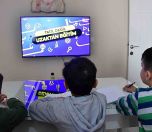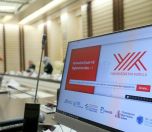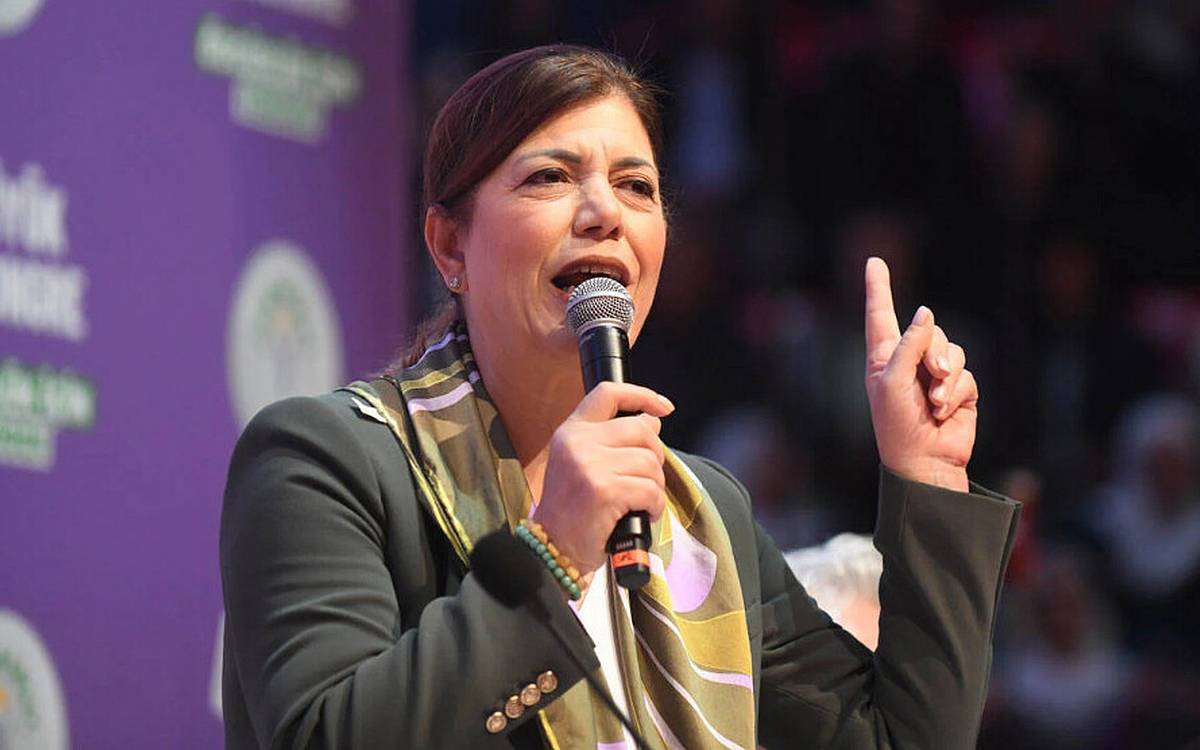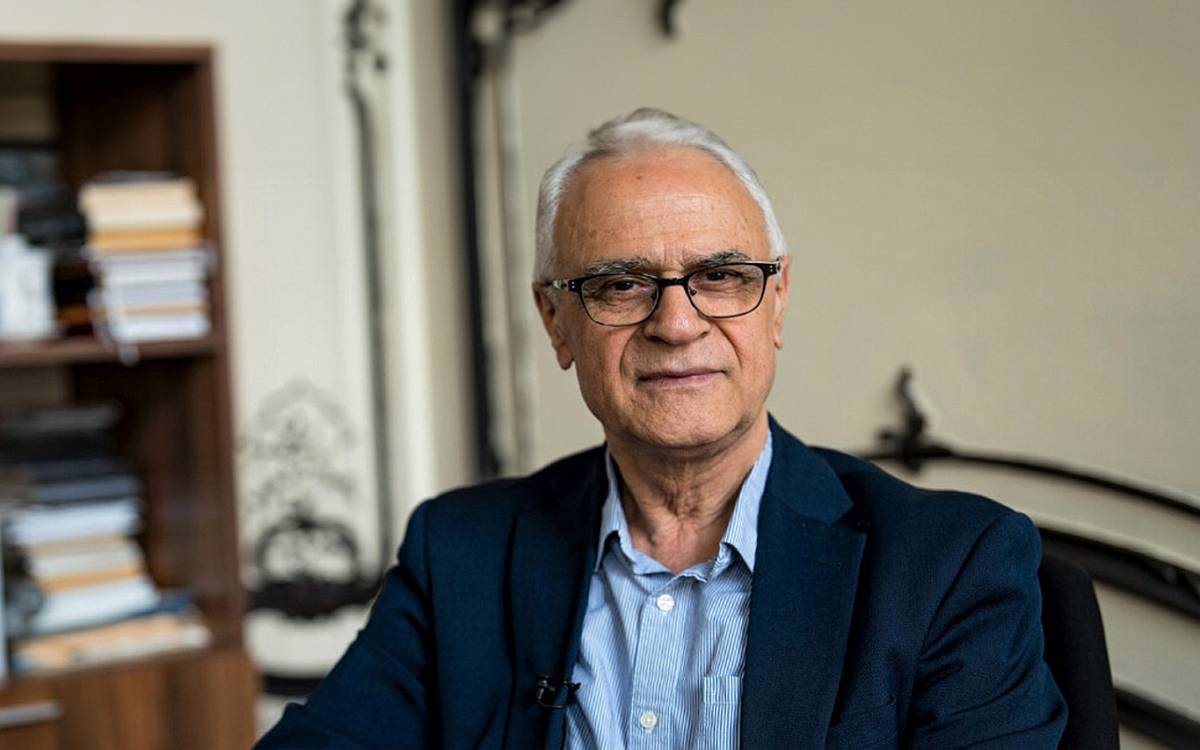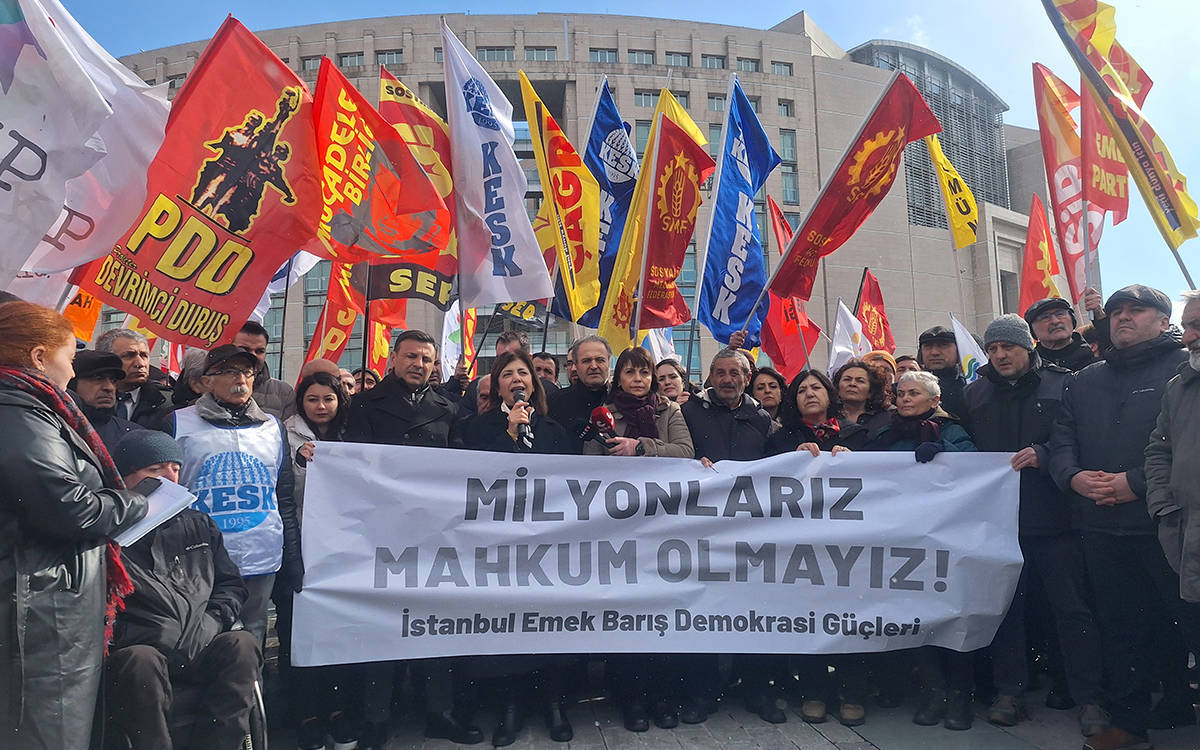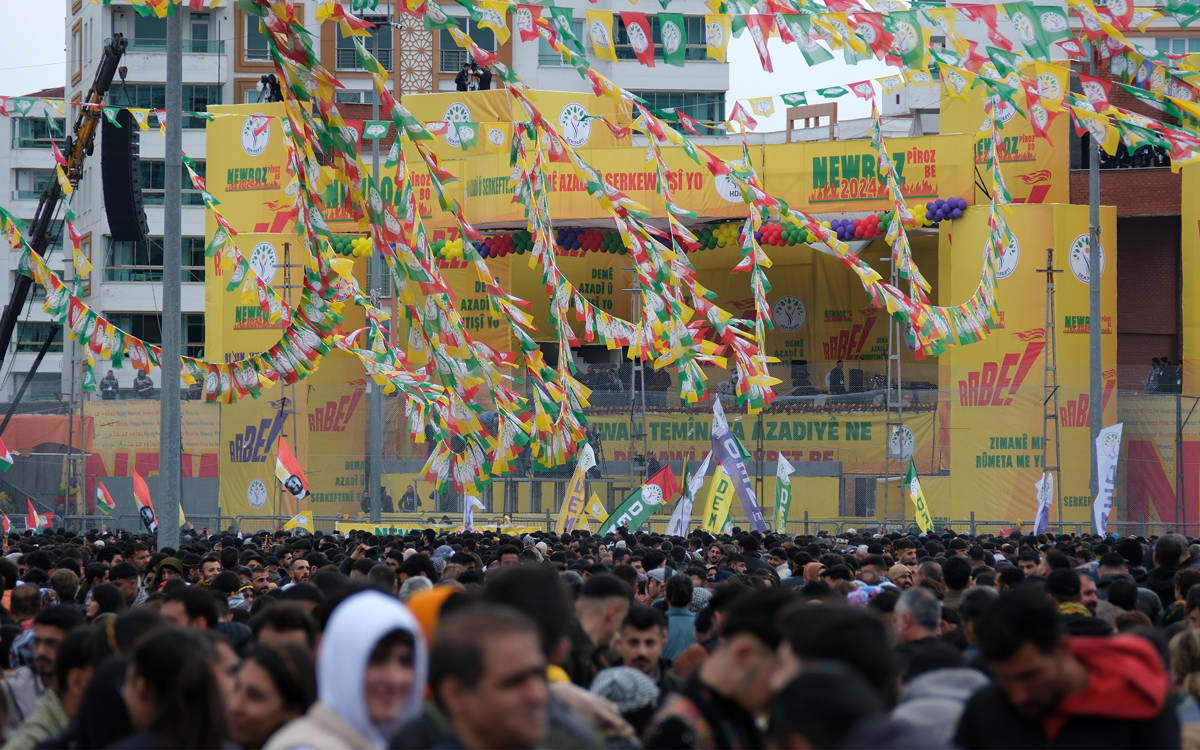* Photo: Anadolu Agency (AA)
Click to read the article in Turkish
Parents from the provinces of Diyarbakır, Elazığ, Artvin and Batman have spoken to bianet about the experiences of their children who have been receiving their primary, secondary and high school education via distance learning over the past week as their schools have been temporarily closed due to the novel coronavirus (Covid-19) pandemic.
While the last week passed with debates on students' access to the Education and Information Network (EBA), problems with the Internet access and content of the lessons, there were almost no discussions on the access of children living in rural parts of the country to distance education.
In some households in the rural, there are three, four or, sometimes, five students and their only option is to follow the lessons on television. How does distance education function in those households? How many students living in the rural can access the EBA system on the Internet? What are the expectations of their parents from distance learning?
The parents of children who cannot have the means such as computer and Internet say, "The children living in big cities have computers, Internet, television, everything... But, the child here does not have them. Then, how will these children take the same exam? Is it fair?"
'Lessons of my two children concur'
Living in the district of Bismil in Turkey's southeastern province of Diyarbakır, İsmail Ç. has five children going to school. While two of his children are on the eighth grade, the other three are first-year, second-year and sixth-year students. İsmail Ç. says that they do not have a computer or Internet at their home. He tells us that his five children are trying to follow their lessons by sitting in front of their old tube TV in turns:
"The lessons of my children on the 2nd and 6th grades are given at the same hour. These lessons start at 10 a.m. and it is very difficult for them to follow these lessons. One day, one of them listens to the lesson; the other day, the other child... We do not know how it will go on like this.
"I work as a seasonal worker. There is no job now, we are hardly making ends meet. I went to the social services and asked for help for my children's education, but they did not give me as I have a green card and because my electricity bill is discounted. The teacher paid for the exam of my eighth-grade children. We want our children to get education, but they have been faced with all these unfortunate incidents and impossibilities.
'I cannot buy Internet all the time'
Filiz Türk is another parent living in Diyarbakır's Bismil district and her situation is not any different: She has four children; while two of them are on the 8th grade, one of them is a sixth-grade student and the other is on the 2nd grade. What is experienced in her home is similar to the one in İsmail Ç.'s household. The lessons of 6th- and 2nd-grade children concur.
Filiz Türk says that she sends her 2nd-grade daughter to the neighbor's house so that she will not lag behind in her classes:
"There is no computer or Internet at my home, the kids downloaded the mobile EBA application. When they do not understand something, they try to look it up there, but the Internet does not suffice, we run out of the Internet very quickly. And I cannot buy Internet all the time, there is no job around here and I do not have the financial means.
'I don't find the education sufficient'
"The children sit in front of the TV when the lessons start, but it is like a game to them. Because they find the way lessons are thought very weak and simple. Even before the question is asked, the children answer it.
"I asked it to my university student niece and she told me that as it is taught to children throughout Turkey and as not all students are on the same level, they have simplified the lessons. I do not find the education sufficient. The lesson ends as soon as it starts.
"I sit before the lessons with the children, there is no Turkish explanation for the English class, the lesson passes without children understanding it. I ask my 2nd-grade daughter how the classes go and whether she understands them, she tells me that very old subjects are taught and the same videos are shown over and over again.
"I do not know how it will go on like this until April 30. I do not think that they will reopen the schools this term. But, they have to think of people like us, the ones who have more children and do not have the means. They should have given computers and Internet. How else is it possible?"
'The moment he is finally motivated, the class ends'
Living in the district of Ardanuç in Turkey's Eastern Black Sea province of Artvin, Azize Durgun also has two children. While one of her kids is a first grader, her other child goes to the 5th class.
They also have no computers or Internet. They follow the lessons on EBA TV and they also sometimes follow them on mobile EBA app:
"There are hours to enter it, you cannot enter whenever you like. We could enter the system for twice anyway. We watch the lessons on TV, but they end very quickly, the course hours are very short. When the children do not understand something, they cannot ask. And we ask our teacher. English lessons are also difficult for us. What can they learn in 10-15 minutes? There are only 2 lessons, which means half an hour combined. It is not enough. The moment when the child is finally motivated, the lesson ends."
'Lessons are short, recesses are long...'
Semra D. is a parent from Turkey's eastern province of Elazığ. After a major earthquake hit the province on January 24, the schools were closed for a long time. Semra D. tells us that her children have drifted away :
"One of my sons is an 11th grader and the other is a 6th. The children were not going to school after the earthquake anyway; now, they have started distance education and they have drifted away from the lessons completely. This year is over now, I look at it as a missed year.
"We do not have a computer or Internet. The children watch the lessons on TV. But, distance education is not of high quality. It is as if they arranged it to occupy children, but it is all empty. They were all known, they could have taken precautions. We have been hearing for months that the disease has spread to everywhere. It was apparent that it would also reach Turkey at some point. Did they decide to give distance education in a day? If they had made preparation, they would not give such empty education. The lessons are short while recesses are long.
"We do not know what to think: The earthquake, the pandemic or the future of our children? We console ourselves, saying 'At least, they are alive.' But, what will these children do tomorrow? My 11th grader son will take the university exam next year, but his one year is over, it has gone to waste."
'They cannot revise'
Lastly, İdris Arıtürk is also a parent from Turkey's eastern province of Batman. He has four kids, they go to the 4th, 8th, 9th and 12th classes. "It is better than nothing," says Arıtürk and continues as follows:
"I do not have the financial means. We have an old tube television, it is where the children watch the lessons. The lesson of one ends, that of the other begins. Their lessons do not concur, but they cannot revise, because only then their classes end. We do not have a computer in our house, but they do not complain. Because we do not have it and they know that.
"At least, my children can follow the lessons, but the children of some of our neighbors cannot watch them because their TVs do not connect to the channel that airs the lessons. It is better than nothing, but the children living in big cities have computers, Internet, television, everything... But, the children here do not have them. Then, how will these children take the same exam? Is it fair?" (RT/SD)





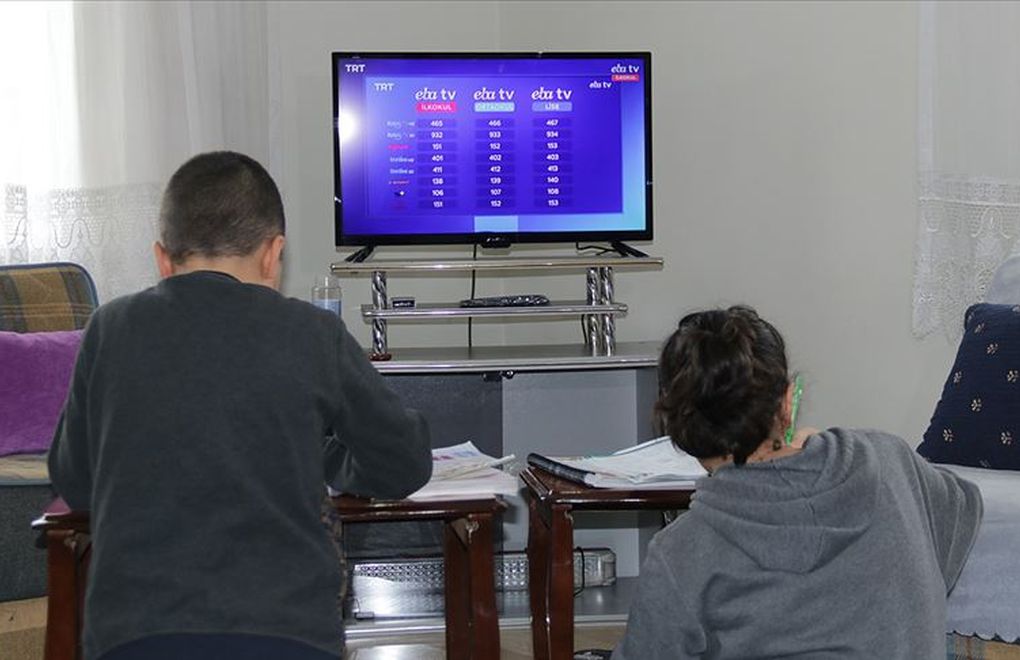
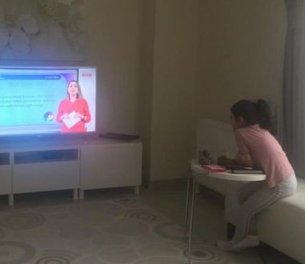
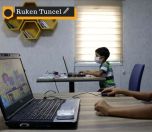
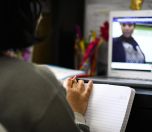
.jpg)

